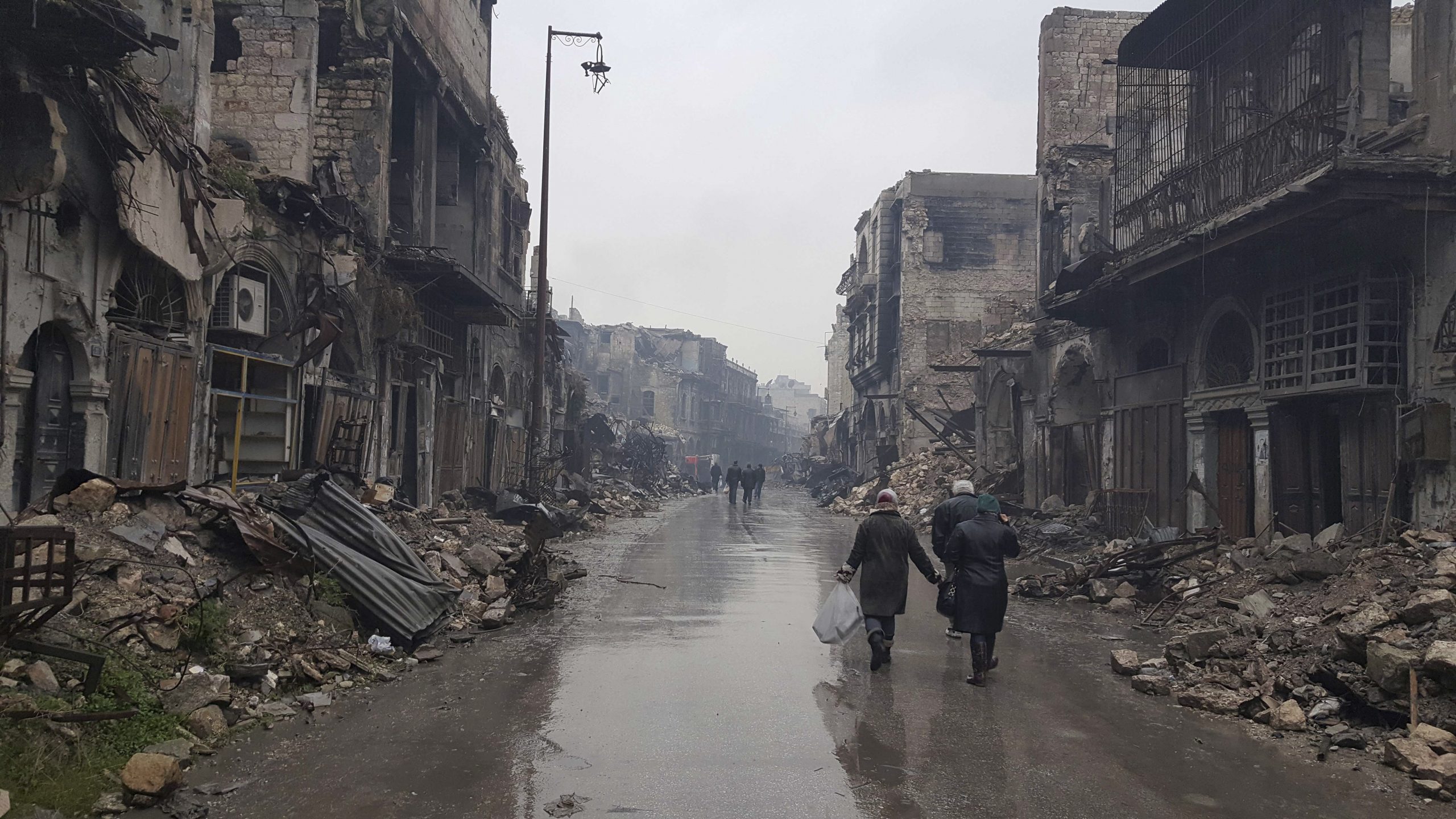By Natasha Chabbra
The jurisdiction of the International Criminal Court, since its inception, has been firmly rooted in the principle of voluntary participation through ratification of the Rome Statute. In 2018, the Pre-Trial Chamber of the International Criminal Court authorised an investigation into the alleged deportation of the Rohingya population, based on the transboundary nature of that crime in Bangladesh, raising the interesting possibility that jurisdiction can be established for crimes committed by a State not party to the Rome Statute.
The ongoing civil war in Syria has come at a great cost to the people of Syria who have been subjected to atrocities and violence and with many Syrian refugees residing in Jordan, is one example of where the Chamber’s decision could create jurisdiction for crimes committed at least partially in the territory of a State party by nationals of a State not party to the Statute.
To date, there has been limited recourse for crimes against humanity committed by the Assad regime. Many international legal scholars, as well as the United Nations and human rights organisations, have contemplated the need for criminal accountability for the atrocities that have taken place in Syria. Several proposed avenues for justice in this context have been suggested but progressed with limited success. For example, while the UN Security Council has the power to refer matters to the ICC, seven draft resolutions on the war in Syria have been vetoed by at least one permanent member at any given time. In September 2018, the ICC Pre-Trial Chamber issued a decision in relation to jurisdiction over crimes committed against the minority Rohingya population of Myanmar.
In September 2018, the Chamber stated that the crime of deportation necessarily involves “displacement across international borders, which means that the conduct related to this crime necessarily takes place on the territories of at least two States.” By virtue of the deportation of the Rohingya population directly from Myanmar where the crime was initiated, to Bangladesh where the crime was completed, the Court found that it could, in principle, exercise jurisdiction over the relevant crimes.
The Guernica Centre for International Justice in London filed a submission with the ICC Prosecutor in July 2018 arguing the case that Syrian civilians have been deported to Jordan in a manner akin to that of the Rohingya. Guernica emphasized the gravity of the crimes committed and the need for accountability in the case of Syria. In their Amicus Curiae Observations, Guernica argued that like Bangladesh, Jordan is a party to the Rome Statute and therefore capable of conferring jurisdiction for the crime of deportation committed against Syrians into Jordanian territory.
In the case of justice for crimes committed against the Syrian population, there are a number of parallels between the situation concerning the Rohingya in Bangladesh and Syrians in Jordan, the most important common factor being deportation. In a press statement, Guernica expressed hopefulness that the Court would “accept the argument that it has jurisdiction over certain crimes suffered by the Syrian civil population.” Whilst the acts committed against the Rohingya and Syrian populations may be different in terms of specific factual circumstances, both events satisfy the legal elements required; thus, the ICC should find that jurisdiction also exists for Syrian refugees in Jordan to take a claim to the ICC.
The approach of the Pre-Trial Chamber is a novel and innovative one for establishing jurisdiction for serious international crimes that may otherwise go unpunished. This approach is not without risks and challenges, including whether States are likely to support an approach to establishing jurisdiction that may be seen as conflicting with the principle of State sovereignty.
Natasha Chabbra is an LLM graduate of The Australian National University with an interest in researching complex humanitarian emergencies and their impact on human rights. Natasha has professional experience in disaster resilience policy and refugee protection issues. The full article is published in the APJIHL 2020 Edition.


